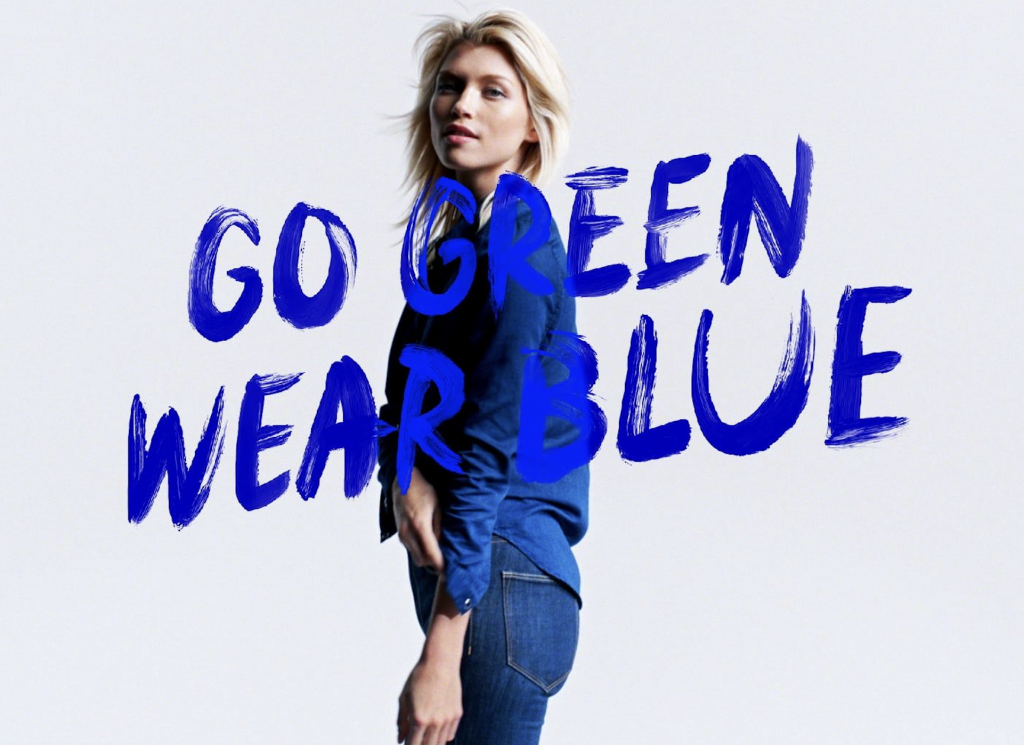Garments, cosmetics and household product companies came under the microscope in a recent “sweep” of websites, in which regulators found that nearly half of sustainability-centric claims made by brands are lacking. In furtherance of an annual screening of the marketing claims made on companies’ websites, this year with a special focus on greenwashing, the European Commission revealed that national consumer protection authorities had reason to believe that in 42 percent of cases of companies making “green” claims, the claims were “exaggerated, false or deceptive.”
According to a January 28 release, the European Commission announced that the sweeping probe into hundreds of websites and a subsequent closer examination of 344 “seemingly dubious claims” resulted in a finding that “in more than half of the cases,” the claim-making company did not provide “sufficient information for consumers to judge the claim’s accuracy,” while in 59 percent of cases, the company did “not provide easily accessible evidence to support its claim.”
The Commission – which is the EU agency tasked with proposing legislation, implementing decisions, upholding the EU treaties and managing the day-to-day business of the EU – further asserted that in 37 percent of the cases, the potentially problematic claims included “vague and general statements” about a product, such as it being “‘conscious,’ ‘eco-friendly,’ and/or ‘sustainable,’” which the European Commission says is language that aims “to convey the unsubstantiated impression to consumers that a product had no negative impact on the environment.”
Meanwhile, the UK’s Competition and Markets Authority (“CMA”), which also collaborated on the International Consumer Protection Enforcement Network-initiated sweep, stated that companies also made “unclear” claims, including “references to ‘natural products’ without adequate explanation or evidence of the claims,” and in some cases, “hid or omitted certain information, such as a product’s pollution levels, in order to appear more eco-friendly.” Still yet, the CMA noted that companies have made use of “eco logos and labels” that appear to indicate some kind of sustainability quality, but that are not “associated with an accredited organization.”
In more than half of these cases, the claims “could potentially qualify as unfair commercial practices under the EU’s Unfair Commercial Practices Directive,” the Commission stated.
“Too many websites appear to be pushing misleading claims onto consumers, which means that companies offering products with a genuine environmental benefit are not getting the customers they deserve,” Andrea Coscelli, the CEO of the CMA, stated in connection with the release of the findings. “People should be able to easily choose between those companies that are doing the right thing for the environment and those who are not.”
While the UK’s Consumer Protection from Unfair Trading Regulations 2008 provides grounds to take action against companies as a result of its “general prohibition against unfair commercial practices and specific prohibitions against misleading actions or misleading omissions,” the CMA stated that International Consumer Protection Enforcement Network has “not reached a view as to whether or not consumer protection law has been broken” in connection with the allegedly misleading and/or unsubstantiated marketing claims. At the same time, by way of the Federal Trade Commission’s lengthy Green Guides, the U.S. mandates that marketers must “not make unqualified general environmental benefit claims because it is highly unlikely that marketers can substantiate all reasonable interpretations of these claims.”
The CMA has said that the results of the sweep will be used to inform an ongoing investigation into sustainability marketing that it announced in November 2020, alongside results from a CMA survey of businesses and consumers. The CMA’s enduring efforts come as greenwashing – or the corporate practice of making sustainability claims to cover a questionable environmental record and/or of making sustainability claims of questionable merit – has continued to plague industries ranging from cars to clothes.
The boom in eco-centric endeavors by consumer goods brands has led to a proliferation of misleading marketing in the sustainability space. The practice ensures, in large part , because much of the terminology being used is often extremely vague (and lacking in formal definitions) … and thus, difficult to police from a legal perspective. Nonetheless, the CMA and other market regulators are expected to become more active on sustainability initiatives in 2021. With that in mind, Slaughter and May attorneys Lisa Wright and Andrew Gilbert state that “the decisions taken by regulators over the coming year will have a real impact” in this space.











